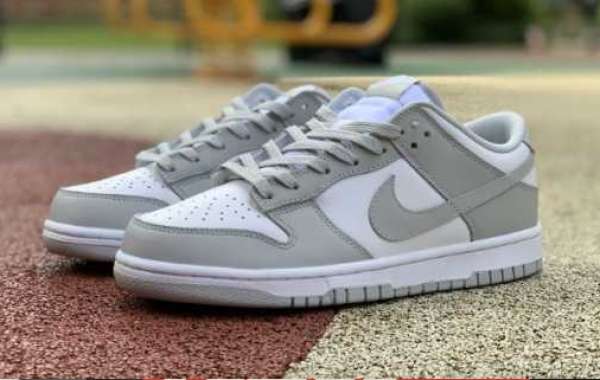In recent years, the sneaker community has been abuzz with the proliferation of fake Nike Dunk reps, commonly referred to as "replicas." These unauthorized imitations of the iconic Nike Dunk silhouette have ignited fervent discussions within the sneakerhead enclave, raising profound questions about originality and the evolving landscape of sneaker culture.
Originally designed in the 1980s for basketball, Nike Dunks have transcended their athletic roots to become a global fashion phenomenon. As limited-edition releases create a fervor among enthusiasts, the quest for authentic Dunks has given rise to a bustling resale market. Simultaneously, the scarcity has birthed a parallel universe of replicated sneakers.
Advocates argue that Nike Dunk replicas offer an affordable gateway into sneaker culture for those who might otherwise be excluded. They contend that this democratization counters the exclusivity often associated with limited releases. However, traditionalists emphasize the importance of preserving the sanctity of original designs, decrying the proliferation of replicas as a potential threat to the essence of sneaker craftsmanship.
Beyond ethical considerations, the rise of Nike Dunk replicas prompts a broader exploration of consumer rights, accessibility, and the influence of hype culture. Detractors fear that the presence of replicas could dilute the authenticity and prestige linked to genuine Nike Dunks, challenging the very foundations of sneaker culture.
As the debate unfolds, the ascent of fake Nike Dunk reps compels the sneaker community and industry players to navigate this intricate terrain. It beckons a reconsideration of established norms within sneaker culture, raising uncertainties about the delicate balance between inclusivity and the preservation of authenticity in this dynamic and evolving space.








